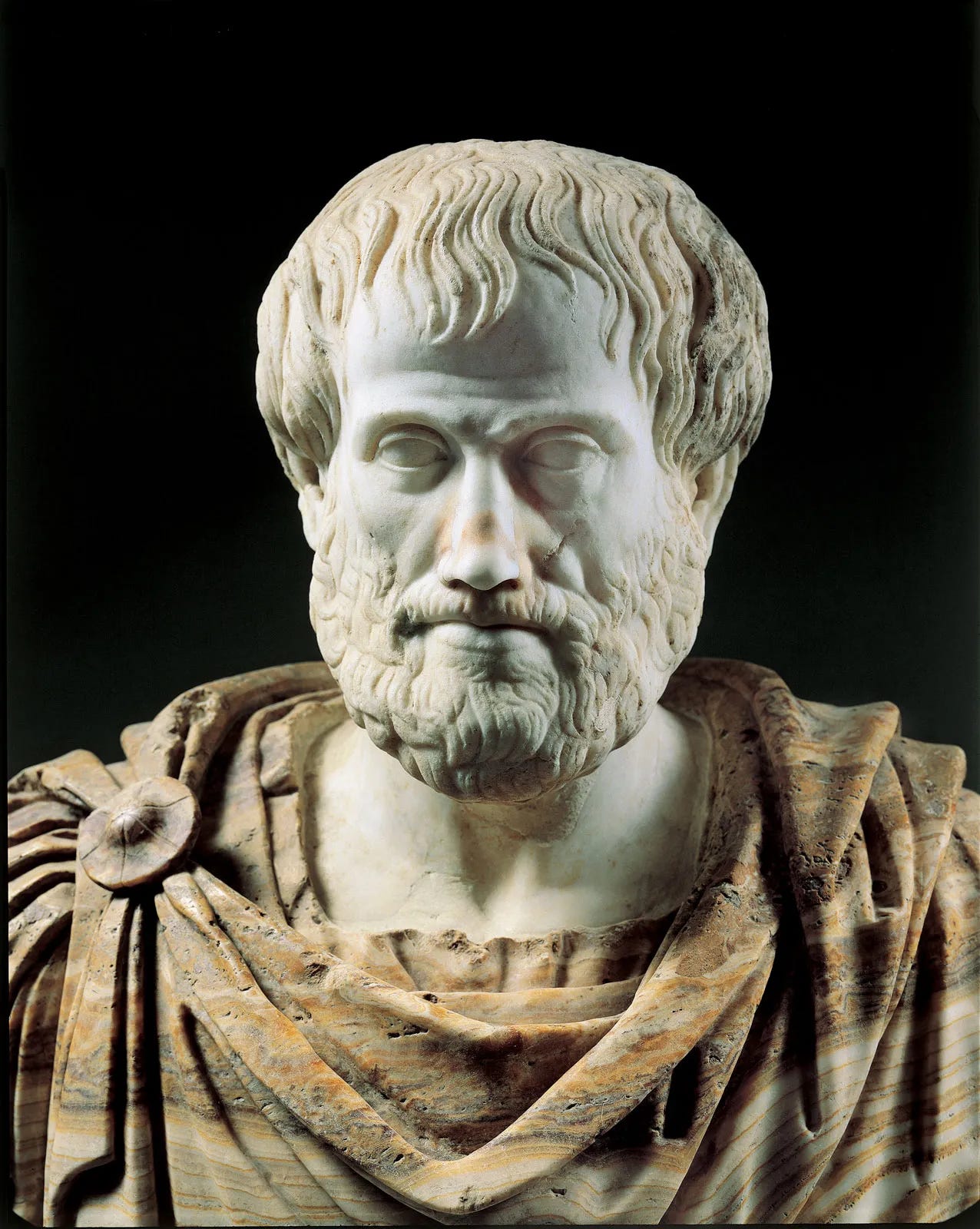Flow of Love
Aristotle taught that substance is the highest quality, as it is independent and can stand on its own. Early Christian thinkers tried to apply this idea to prove that God, understood as a Trinity, was a substantial being. However, Jesus' teachings emphasized the primacy of relationship, as he spoke of his oneness with the Father.This shift from substance to relationship has profound implications. Humans and all of creation exist in radical relationship, not as independent substances. Augustine, Aquinas, and others eventually came to see God not as a substance, but as relationship itself.The key implication is that salvation is found in our readiness and willingness to stay in relationship. Self-sufficiency and independence make an experience of God impossible, as God is relationship. Jesus' incarnation as a vulnerable, dependent baby demonstrates this radical relatedness.Ultimately, we are intrinsically like the Trinity, meant to live in absolute relatedness. To choose to stand outside of this "Flow of love" is the deepest meaning of sin. We were made for love, and outside of it, we die. This relational view of reality has profound practical implications for how we live, love, and relate to one another and all of creation.
(adopted from: Richard Rohr, The Divine Dance)




